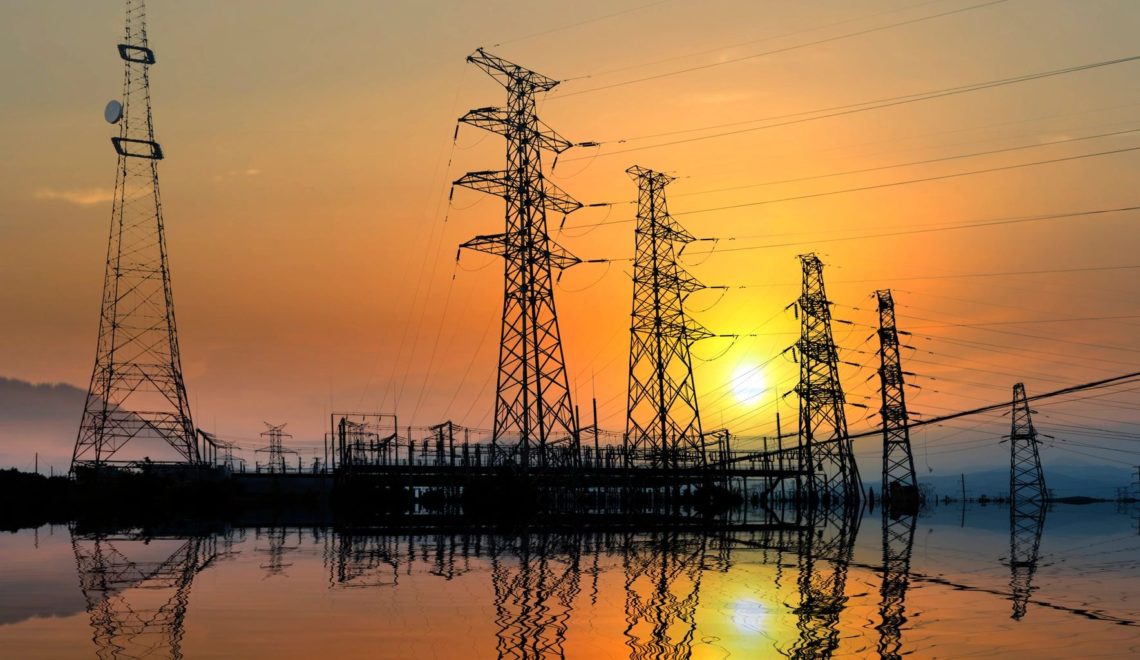Compact, pre-fab reactors may revive nuclear option
The prospect of a U.S. renaissance in nuclear energy has lost its luster in recent years. Yes, four reactors are under construction at two sites in Georgia and South Carolina, the first ones to be built in 30 years. And last year, the Tennessee Valley Authority completed a plant that had lain unfinished for more than three decades. Beyond that, no electricity providers in the USA plan to build another reactor any time soon. Instead, some have closed reactors. Six units have been shut down since 2013 in the face of competition from natural gas, solar power and wind energy. Nevertheless, an Oregon-based company is taking a big step toward eventually rekindling the nuclear option in the USA. (Read More)
Continue reading













